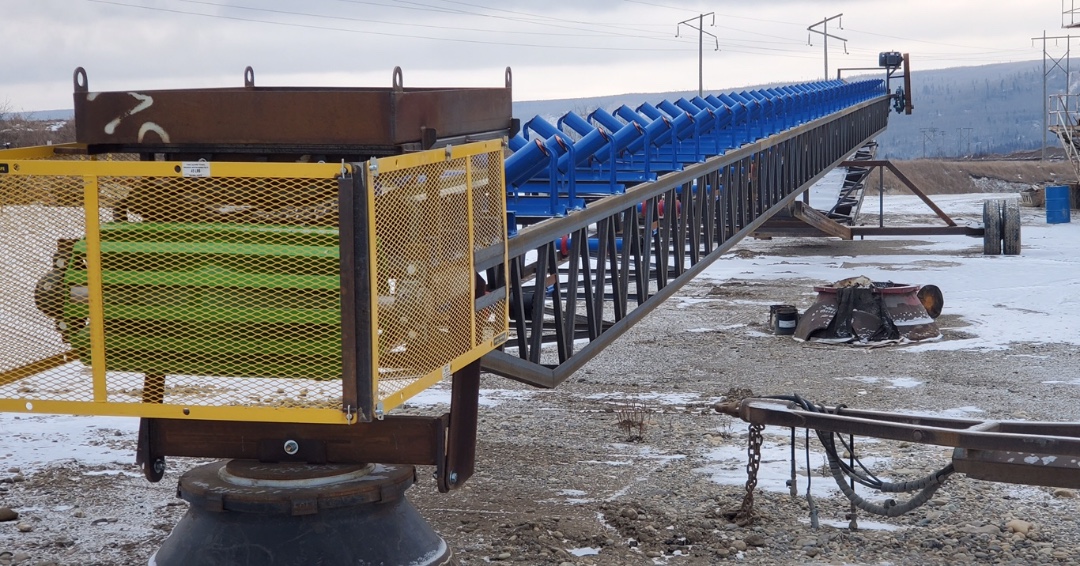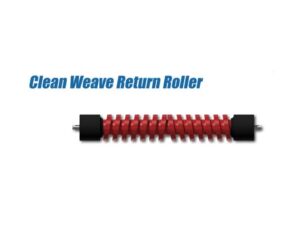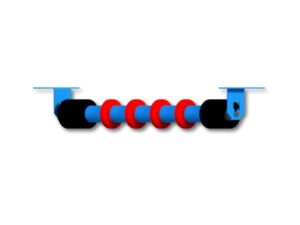In the world of heavy construction, efficiency and productivity are crucial for successful project completion. One essential tool that plays a pivotal role in optimizing material handling is the heavy construction conveyor.
Selecting the right conveyor system is a critical decision that can significantly impact a project’s timeline, costs, and overall success. As a top manufacturer of conveyor idlers, impact beds, pulleys, and accessories, our knowledgeable team has experience in the construction industry in finding the right solution that keeps conveyors running smoothly and efficiently.
In this article, we will explore the key considerations to keep in mind when choosing a heavy-construction conveyor for your specific needs.
Key Factors in Designing a Conveyor System for Heavy Construction
- Load Capacity – Determining the load capacity requirement is fundamental when selecting a heavy construction conveyor. Consider the type, weight, and volume of materials you need to transport. Ensure that the conveyor system can handle the maximum load capacity required to avoid bottlenecks and delays. Overloading a conveyor can lead to breakdowns, increased maintenance, and decreased productivity.
- Conveyor Length and Speed – The conveyor length and speed directly impact the overall efficiency of material transportation. Calculate the distance the conveyor needs to cover and evaluate the required speed to meet project timelines. A longer conveyor may require additional support, while faster speeds may necessitate enhanced safety measures. It’s crucial to strike the right balance between conveyor length and speed to optimize productivity and minimize any potential risks.
- Durability and Reliability – Heavy construction sites expose conveyors to demanding conditions, including harsh weather, heavy loads, and abrasive materials. Select a conveyor system designed for durability and reliability in such challenging environments. Look for conveyors constructed with high-quality materials like stainless steel or reinforced rubber belts. Additionally, consider the reputation and track record of the manufacturer to ensure their products are known for reliability and minimal downtime.
- Safety Features – Safety should be a top priority when selecting a heavy construction conveyor. Look for safety features that comply with industry standards and regulations. Emergency stop buttons, safety guards, and interlocking systems are essential components that protect operators and prevent accidents. Additionally, consider features like overload protection and automated warning systems that provide real-time alerts to avoid potential hazards.
- Maintenance and Serviceability – Regular maintenance is crucial to keep the conveyor operating at peak performance. Assess the maintenance requirements of the conveyor system and consider factors such as ease of access for cleaning, lubrication, and component replacement. Look for conveyors that come with user-friendly maintenance manuals and access to readily available spare parts. Choosing a conveyor with good serviceability will help minimize downtime and ensure long-term reliability.
- Cost-Effectiveness – While cost should not be the sole determining factor, it is essential to consider the overall cost-effectiveness of the conveyor system. Evaluate not only the upfront purchase cost but also factors such as energy consumption, maintenance expenses, and potential productivity gains. A conveyor that offers a balance between initial investment and long-term operational costs will provide the best return on investment. At Luff Industries, the conveyor accessories we manufacture are designed to keep operations running smoothly and reduce the need for maintenance and repairs.
Final Thoughts
Selecting the right heavy construction conveyor is a critical decision that can significantly impact the efficiency and productivity of your construction projects. By considering factors such as load capacity, conveyor length and speed, durability, mobility, safety features, maintenance requirements, and cost-effectiveness, you can make an informed choice that meets your specific needs.
Remember, investing in a reliable and well-suited conveyor system will streamline material handling, enhance project timelines, and contribute to the overall success of your construction projects.




